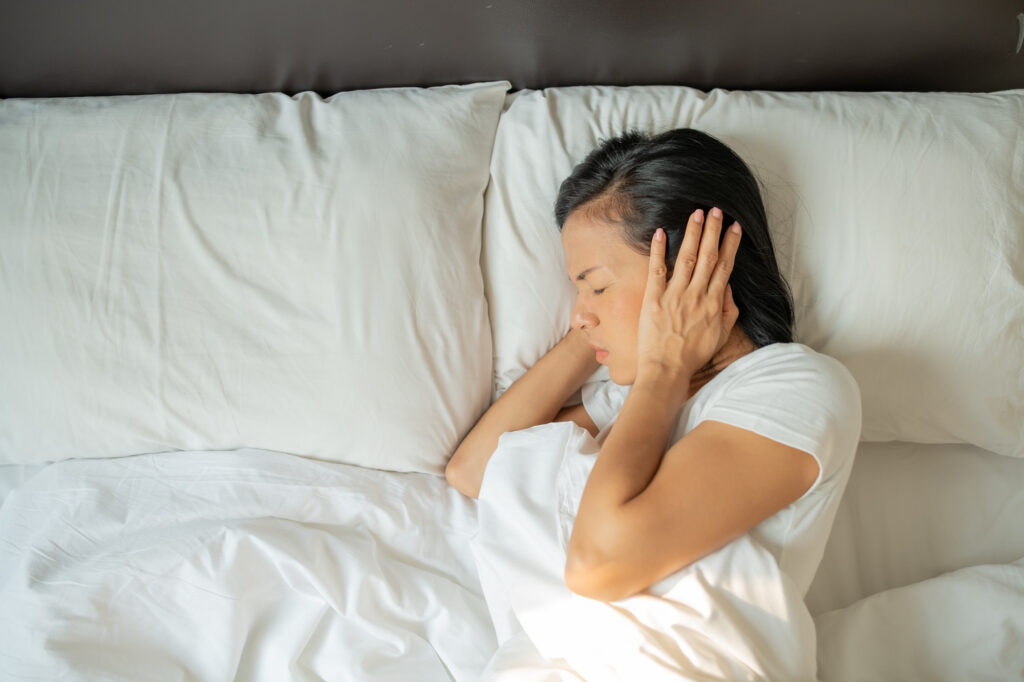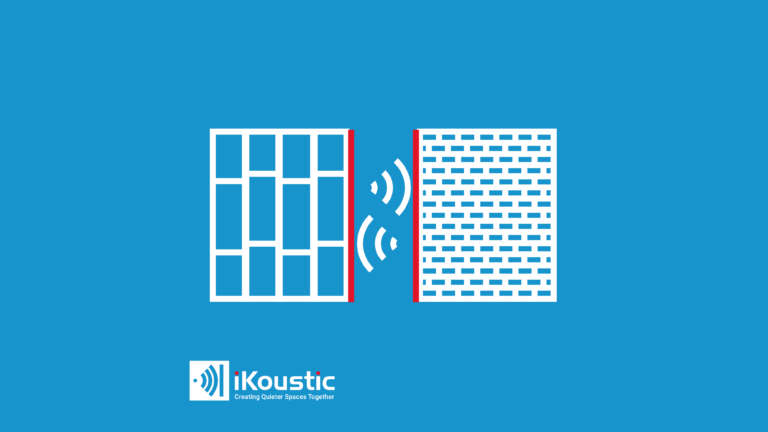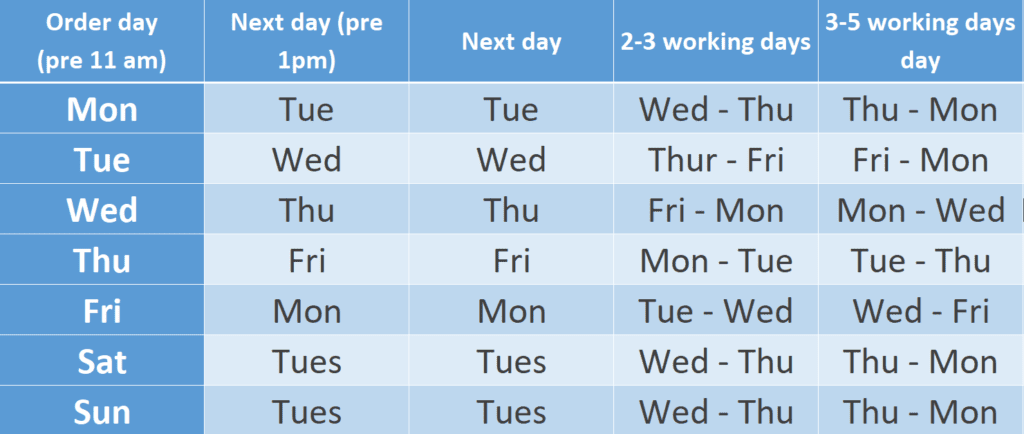Urban West Yorkshire tops noisiest place to sleep in the UK

Urban West Yorkshire has come out on top as the number one noisiest place in the UK to get some kip. Research by iKoustic Soundproofing found nightly noise levels are equivalent to sleeping next to a washing machine[1]. These areas are the worst culprits in the country for failing to meet World Health Organisation, (WHO), suggestions for noise levels during sleep (30dB).
This urban sprawl, (which includes Leeds, Bradford, Wakefield, and Huddersfield), beats London hands down for ‘noises at night of 70dB or more’ according to DEFRA. Only 0.01% of Greater Londoners (in urban areas), experience these noise levels, but 3200 people, (2%), t’up North struggle with this reality.
According to the WHO ‘Night Noise Guidelines for Europe’, people who try to sleep with 50 decibels of noise are at higher risk of hypertension, depression, obesity, and reduced life expectancy. However, people who live in areas where the nighttime noise reaches levels of 60dB, are likely to develop psychiatric disorders and have occupational accidents[1]. West Yorkshire city-dwellers may not be consciously aware of this not-so-silent killer, but they will be feeling the effects in their daily lives.

This year, students struggled to shine and GCSE pass rates for the Yorkshire region were the third lowest in the country[2]. Kids who get at least nine hours of sleep per night, have brains better able to deal with learning, decision-making, and emotional regulation[5]. In short, pupils who don’t get their Z’s are being placed at a disadvantage that could affect their school success. Meanwhile, the NHS has found that Yorkshire and the Humber have the highest prevalence of being overweight[3], and Leeds ranks 4th highest in the country for annual deaths due to heart and circulatory diseases, both risks of sleep deprivation[4].
While living in a noisy area might be your only option, lack of sleep is not. Some simple soundproofing can transform your bedroom and your life. Reducing noise levels to 40dB at night lowers your risk of developing environmental insomnia, stress, and cardiovascular issues.
We have put together a list of top tips that start at £7 and can make all the difference. Windows usually let in the most noise, so check if you have double or single glazing. Landlords have to meet an EPC energy rating of E by law [5] and this will increase to a C by 2028. So, if you have single glazing, speak to them, as they are unlikely to achieve an E rating, let alone C! Already got double glazing? Grab some foam weather tape to create an airtight seal and upgrade your windows in minutes for just a few quid.
If your windows are sorted, then you need to look at wall soundproofing. Don’t fall for egg boxes and soundproof wallpaper, these “hacks” will leave you disappointed. Instead, use quality materials and get our professional advice. Compared to moving house, which costs over £10,000 [7] and is the third most stressful life event [6], soundproofing a 2.4 x 3m wall starts at £244 and takes a weekend. This is cheaper than a swanky new mattress and lasts much longer than 10 years.







